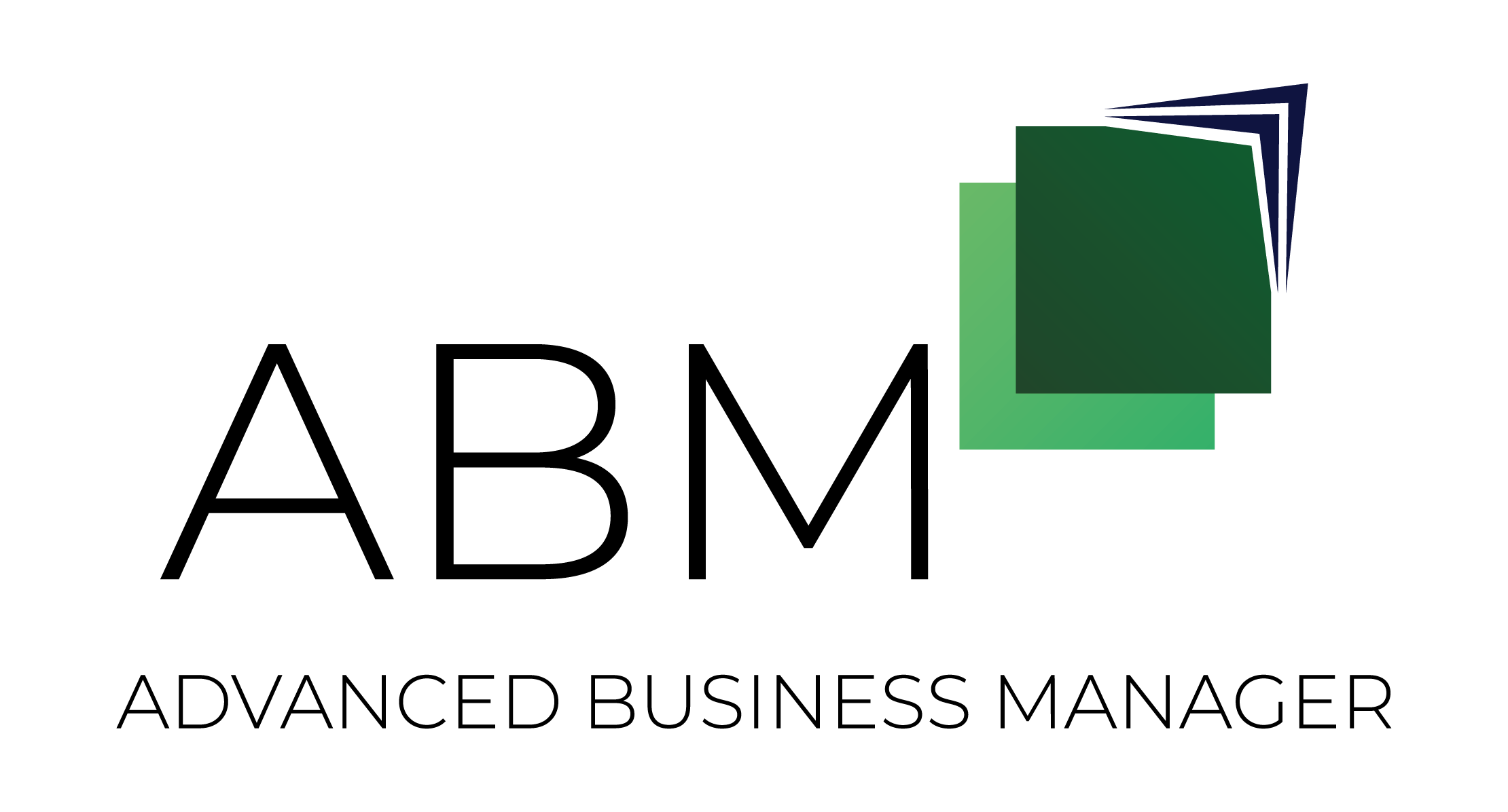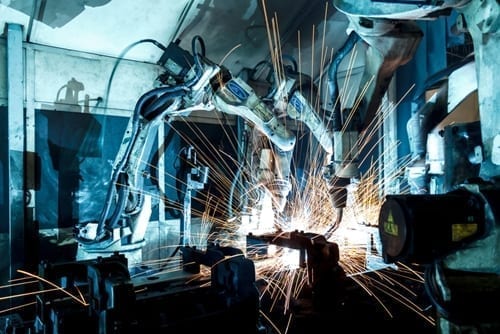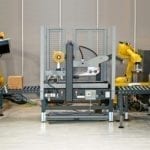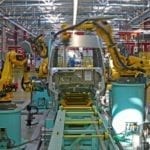If we want the actions of our lifetime to herald in the robotic future, there are a number of significant hurdles we’ll need to overcome. People from all over the globe are pouring tireless levels of effort into projects and experiments that will advance our species.
However, we’re only just touching the surface of what technology is offering us the chance to do – even in the present. Facilities like the Tesla Gigafactory are looking to propel our society into the future, by producing low-cost batteries using manufacturing processes powered by renewable energy.
The Tesla Gigafactory will be nearly 6 million square feet when finished – and aim to be entirely carbon-neutral.
The Gigafactory will change battery production
The goal of the gargantuan factory – projected to be almost 5.8 million square feet when construction finishes – is to be a carbon-zero facility that furthers the exploration of battery and solar technologies. But how will this change manufacturing and the industries that depend on it?

The ambitious head of Tesla, Elon Musk, believes that within the space of a decade, the demand for electric vehicles each year will reach 500,000. To achieve this, Tesla would need to use the world’s supply of lithium-ion batteries – forcing researchers to further examine the viability of other energy storage materials.
Solar panels are more powerful than ever before
Just this year, we’ve seen scientists at the University of New South Wales making flexible solar panels from copper, zinc, tin and sulphur. While solar panels have steadily increased their efficiency levels over the years, the progress made has been too slow for it to represent any significant technological leap.
If the Tesla Gigafactory is successful, however, it will radically alter the way we look at manufacturing. Powering the factory through renewable sources will allow Tesla to create cheaper batteries, cars and any accompanying technology.
Ideally, this is what will be needed from manufacturing in the future – the industry taking note of public concern for the environment while still striving to further our society. It’s risky, but the payoff would mean an incredible triumph.
Supporting this success demands quality, efficiency and productivity – without any detriment to any from the other. It’s these three key elements that the Advanced Business Manager Manufacturing System is designed to simplify – meaning you’ll have more control in how you organise and manage every area of your manufacturing.
To learn more about our software, get in touch today for a free demo.







